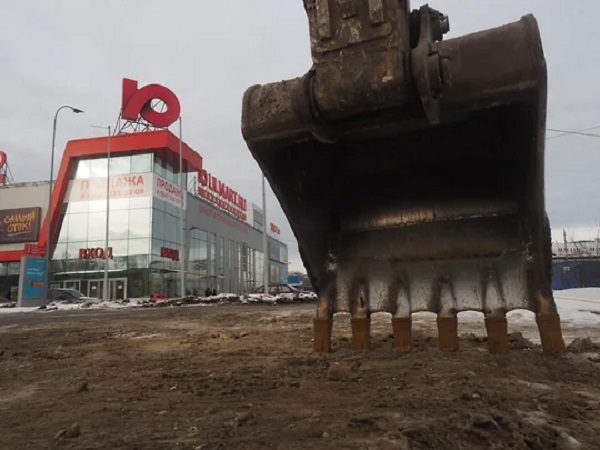As part of the scandalous bankruptcy of the once one of the largest sellers of electronics and household appliances, Ulmart, the Supreme Court (SC) made an important decision on the place of the debtor’s guarantor in the register of creditors.
He will need to show that he used his own money to pay back the bankrupt’s debts. The guarantee should not have been given during the time when the debtor's property was in crisis.
The Supreme Court has released a decision on the dispute over the downgrade of Dmitry Kostygin’s claims in the Yulmart bankruptcy case. In March 2014, Gazprombank gave the retailer 700 million rubles under the guarantee of its co-owner, Mr. Kostygin. The company did not repay the loan, and in October 2016, the bank deducted 555.31 million rubles from the guarantor’s account without permission.
In February 2020, Ulmart was declared bankrupt during a conflict between co-owners Dmitry Kostygin, August Meyer, and Mikhail Vasinkevich. Mr. Kostygin and Meyer are defendants in a criminal case of fraud initiated by Sberbank, which loaned 2.3 billion rubles to Yulmart. Mikhail Vasinkevich himself was declared bankrupt – in May 2021, the procedure was completed, and the court refused to relieve the entrepreneur’s debts.
As part of the bankruptcy of Yulmart, Dmitry Kostygin requested to include his claims of 403.2 million rubles in the register of creditors with reference to the implementation of the guarantee. The case went through two rounds, and ultimately, in December 2020, during the second consideration, the Arbitration Court of St. Petersburg and the Leningrad Region included Mr. Kostygin’s debt in the third line of the register.
However, the district cassation office subordinated the debt at the request of VTB, supported by Sberbank, setting it behind the claims of all registered creditors. According to the complaint, Dmitry Kostygin, as one of the final beneficiaries, could not have been unaware of the problems but “did not take measures to stabilize the situation and return loans.”
Mr. Kostygin appealed this decision to the Supreme Court, insisting that his guarantee was not due to the debtor’s crisis, and the money was deducted at the initiative of the bank. The case was referred to the Economic Collegium of the Armed Forces, which on February 3 canceled the decisions of lower instances. The motivation is now known.
The Supreme Court acknowledged that just the relationship of the creditor with the debtor is not sufficient reason for the claims to be subordinated. The court clarified that it's important to know whether the debtor was in a state of crisis at the time of financing. However, the “financial and managerial crisis” for the group, including Ulmart, arose in February 2016, while the guarantee was issued in March 2015, the Sun explained.
At the same time, the court emphasized that if Dmitry Kostygin used Ulmart’s money to repay the debts, then his claim “is not subject to consideration.” The Supreme Court referred to VTB’s data on the “free movement of assets” and the redistribution of credit funds within the group, including to the benefit of Dmitry Kostygin. According to the bank, the guarantor repaid the loan with this money. To find out exactly how the money was transferred from Ulmart and whether there were “reasonable economic reasons” for this, the dispute was sent for a new consideration.
Dmitry Kostygin said he was satisfied with the decision of the Supreme Court. When asked by Kommersant about whether he repaid the GPB loan with the money that came to him through the chain at the expense of the same funds, he answered in the negative. Mr. Kostygin insists on including his claims in the register of Yulmart’s creditors.
Sberbank Kommersant still believes that a businessman “should not claim to repay claims on an equal basis with independent creditors.” The Bank expects that “during the new consideration, all disputed points will be eliminated and a reasonable and fair decision will be made.” Gazprombank and VTB did not respond to requests from Kommersant.




